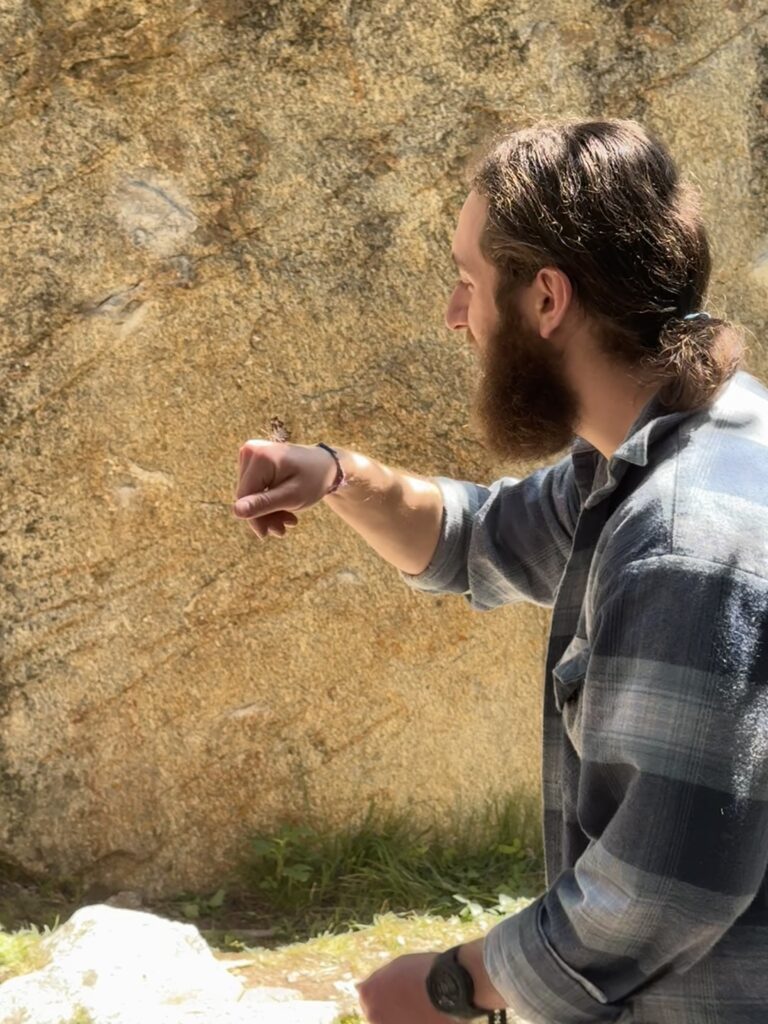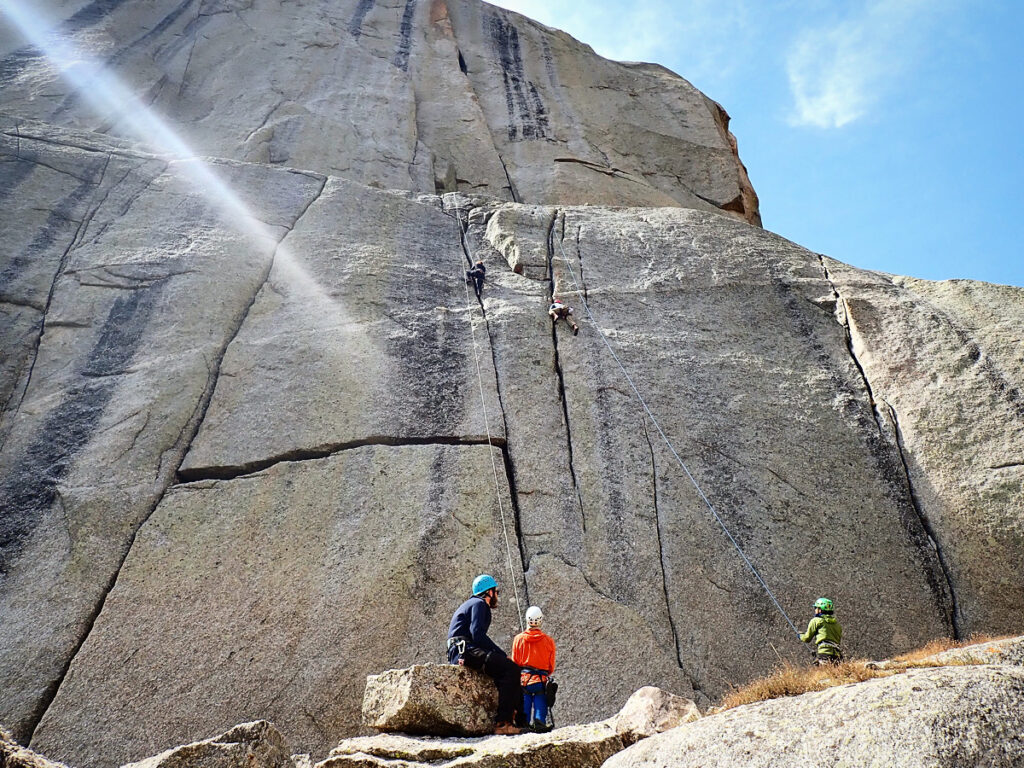“The longer I live, the more deeply I learn that love—whether we call it friendship or family or romance—is the work of mirroring each other’s light. Gentle work. Steadfast work. Life-saving work in those moments when shame and sorrow occlude our own light from view, but there is still a clear eyed loving person to beam it back. In our best moments, we are that person for another”
– James Baldwin, Nothing Personal
I’ve spent much of my life trying to keep the world from seeing me the way I was taught to see myself.
In constantly trying to prove the worthiness of my existence, I believed I had to give everything and accept nothing in return—not out of love, but from a quiet conviction that I didn’t deserve reciprocation. I learned to justify taking up space by being useful and independent. To never be a burden. But this only deepened a feeling of innate separation from others, leaving me with a strange kind of grief, and a gap I could never quite bridge.
I now know that most, if not all of us, carry that same quiet ache, regardless of the differences in what shaped it. But embracing our connection to and dependency on one another is one of the most beautiful parts of being alive.


Not only is it one of the most beautiful parts of being alive, but caring for the collective is survival. Especially for those whose identities, needs, or truths have been systemically erased or denied. Without community, there can be no liberation, and no change.
The illusion of individualism is cultural, systemic, and reinforced in the glorification of independence, productivity, and perfection. But it is in embracing our shared humanity, our inherent interconnection, that we best learn to love others and ourselves.
Blah blah blah starting over? HELP.
I’ve spent much of my life trying to keep the world from seeing me the way I was taught to see myself.
In constantly trying to prove the worthiness of my existence, I believed I had to give everything and accept nothing in return—not out of love, but from a quiet conviction that I didn’t deserve reciprocation. I learned to justify taking up space by being useful and independent. To never be a burden. But this only deepened a feeling of innate separation from others, leaving me with a strange kind of grief, and a gap I could never quite bridge.
I now know that most, if not all of us, carry that same quiet ache, regardless of the differences in what shaped it. But embracing our connection to and dependency on one another is one of the most beautiful parts of being alive.
Years ago, someone I trusted convinced me I was harming my family and friends, and that they wanted nothing to do with me. I was isolated from everyone in my life, and I couldn’t even begin to tell what was real.
I was not able to be a part of my relationships in the same way I was before. I lacked trust in my closest friends, and pulled away almost completely.
They saw through all of the fear and confusion I was trapped in, and sat there with me, holding no agenda.
Not once did they treat our relationship as transactional or demand anything from me. They loved me completely and fully, and it was only through that I was able to come back to myself and rebuild my trust in others.
Everyone, regardless of everything, lives with some profound personal sorrow. Not to mention the quiet existential sorrow we all share, that everything we love will one day be gone. To be with each other in these uncertain spaces
A way to say our unknowns – like these spaces that feel dark adn uncertain.
There is no way to measure what it means to be surrounded by a community that loves you through your unknowns. I did nothing to deserve that love. But I do believe we owe it to each other.
Then talk about our dependency on each other – mention culture briefly maybe
Bring it back to what community means and what we can do moving forward. How to embody the ideas above.



